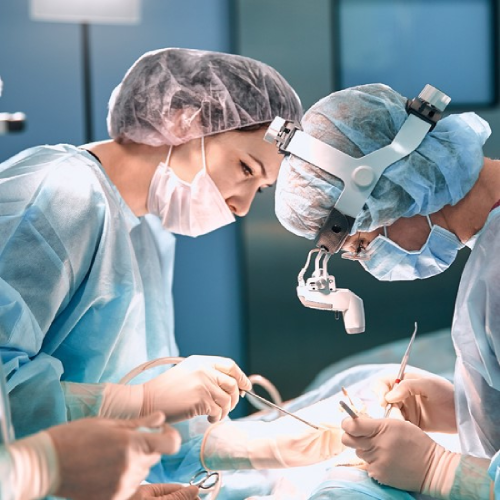By choosing our medical oncology services, patients gain access to Chemotherapy, Hormone therapy, Immunotherapy, and Targeted therapy. Our team of medical oncology experts, along with other healthcare professionals always prioritize patient safety and comfort, while administering different types of treatment. They also help in providing moral support to the patients throughout their cancer treatment.
Doctors & Trained Staff
Term Of Specialists
Patients From More Than 5 Countries
OT Departments
Our Blogs will keep you updated with the latest news,
campaigns, health and wellness updates you should know.




